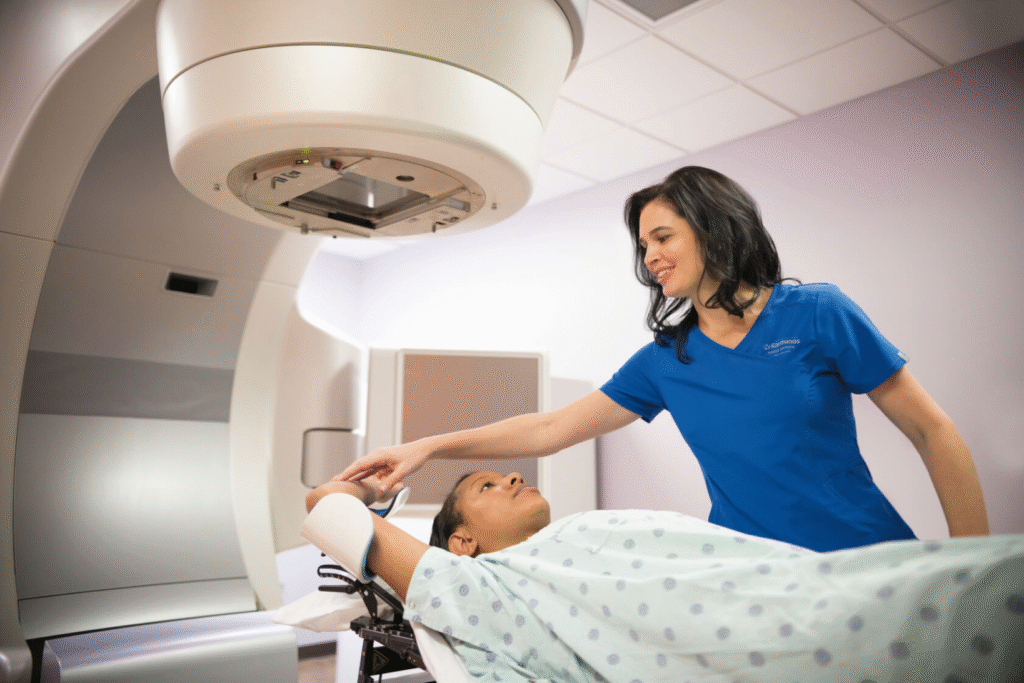
Radiation therapy is a common cancer treatment that can be tough on the body. But did you know that what you eat can play a crucial role in boosting your recovery? This article will guide you on the best foods to eat during radiation therapy to help you feel better and heal faster.
Why Diet Matters During Radiation Therapy:
Radiation therapy can cause side effects like fatigue, nausea, and a sore throat. Eating the right foods can help alleviate these symptoms, support your immune system, and provide energy during your treatment.
Best Foods to Eat During Radiation Therapy:
- Protein-Rich Foods: Foods like chicken, fish, eggs, and legumes can help repair tissues and maintain muscle mass.
- Fruits and Vegetables: Rich in antioxidants, these help protect healthy cells and support overall health. Opt for leafy greens, berries, and citrus fruits.
- Whole Grains: Brown rice, oats, and quinoa provide energy and fiber, helping to keep your digestive system healthy.
- Healthy Fats: Avocados, nuts, and seeds are good sources of healthy fats that help reduce inflammation and boost energy.
- Hydrating Foods: Drink plenty of water, and consider eating hydrating foods like cucumbers, watermelon, and soups to stay hydrated during treatment.
Foods to Avoid During Radiation Therapy:
- Spicy and Acidic Foods: These can irritate the mouth and throat, especially if you’re undergoing radiation to the head or neck.
- High-Sugar Foods: These can suppress the immune system and may lead to fatigue.
- Fried and Fatty Foods: These are harder to digest and can cause discomfort.
Key Takeaways:
- Eat protein-rich foods to support tissue repair.
- Fruits and vegetables provide antioxidants that protect healthy cells.
- Whole grains offer energy and fiber during treatment.
- Stay hydrated with water and hydrating foods.
- Avoid spicy, acidic, and fatty foods to prevent irritation and discomfort.
Disclaimer: Always consult with your healthcare provider or a dietitian before making dietary changes during cancer treatment.















